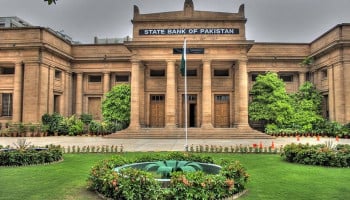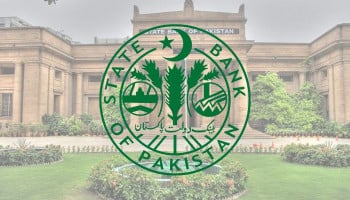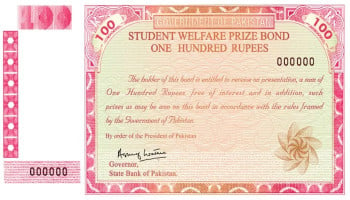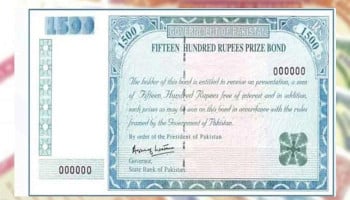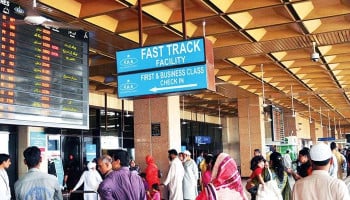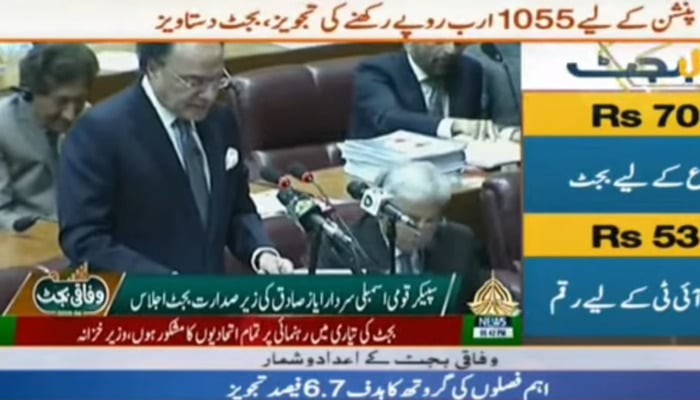
After causing a buzz filled with both optimism and pessimism regarding how it would affect the country's next fiscal year, Pakistan's federal budget for the fiscal year 2025-26 has finally been announced by the Federal Minister for Finance Mohammad Aurangzeb at the National Assembly today.
To keep you posted with all the major budget announcements, Gadinsider has compiled a list below, giving you a rundown of Pakistan's budget for the next fiscal year.
With Pakistan's federal budget 2025-26 being announced, a number of considerable tax proposals are expected to reshape the financial landscape of the country.
Pakistan federal budget 2025-26 main highlights
Notable announcements from the federal budget for the next fiscal year are listed below:- Introduction of a 2.5% carbon levy and a hike in the petroleum levy from Rs78 to Rs100 per litre, in a bid to generate Rs1,300bn
- GST for non-filers has been raised from 18% to 20%
- A 10% salary increase has also been approved for government employees, alongside a 30% disparity allowance for employees in grades 1 to 16
- A total of Rs355bn development budget has been allocated to state-owned enterprises
- For pensioners, a 10% increase in pensions has been approved
- Rs53bn of the budget has been finalised for the upkeep of Pakistan's IT and science sphere
- More rigorous tax compliance for e-commerce sellers and software application providers
- A levy of Rs2.5 per litre will be introduced in FY26, which will be increased to Rs5 per litre by FY27
- Separate Digital Services Tax proposed
FBR tax collection target under Pakistan's budget for FY26
- The Federal Board of Revenue (FBR) aims to collect Rs14.13 trillion in FY26, a 19% increase from the revised estimate of Rs11.9 trillion for FY25
Pakistan's federal budget for FY26: PIA privatisation plans
- The privatisation of Pakistan International Airlines (PIA) and Roosevelt Hotel is expected to be completed in the upcoming fiscal year
Budget 2025-26 Pakistan income tax slabs
- Income up to Rs600,000: 0% tax (no deduction)
- Income Rs600,001 to Rs1,200,000: 1% on the amount exceeding Rs600,000
- Income Rs1,200,001 to Rs2,200,000: Rs6,000 plus 11% on the amount exceeding Rs1,200,000
- Income Rs2,200,001 to Rs3,200,000: Rs116,000 plus 23% on the amount exceeding Rs2,200,000
- Income Rs3,200,001 to Rs4,100,000: Rs346,000 plus 30% on the amount exceeding Rs3,200,000
- Income above Rs4,100,000: Rs616,000 plus 35% on the amount exceeding Rs4,100,000





